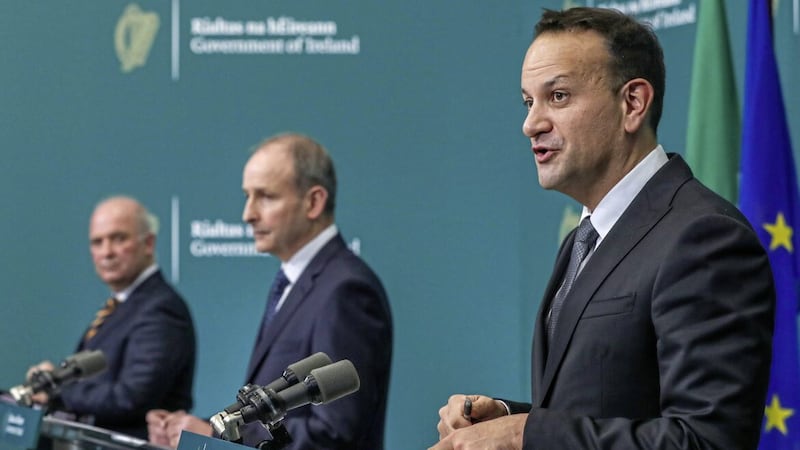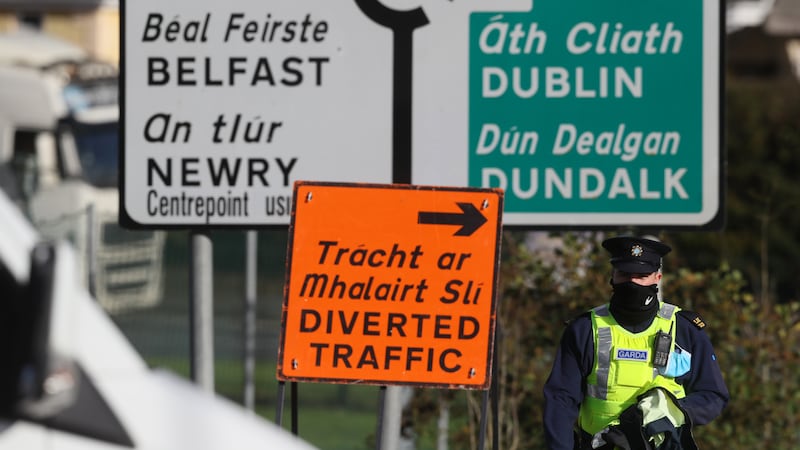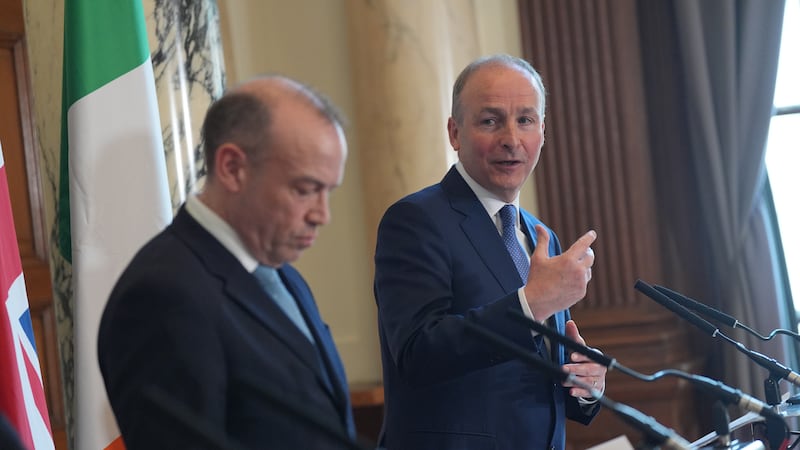Few eyebrows will have been raised north of the border at this week’s revelations that the Irish government bungled the Boundary Commission post-partition. Dropping the ball then set a pattern for the century to come.
Successive Irish governments have failed to live up to their responsibilities, not just to nationalists, but to all Irish men and women in this part of the country who were separated from their national identity by partition.
Dublin’s tacit acceptance of partition helped turn what was supposed to be a short-term political fix into an intractable problem that cemented sectarianism and nurtured an environment which led to the Troubles.
Without question, nationalists lost out big-time: the suppression of their culture; naked discrimination in jobs and housing; and widespread abuse of human rights.
Read more:
Cormac Moore: Was Eoin MacNeill to blame for Boundary Commission's 'disastrous' outcome?
Partition: How the civil war solidified Northern Ireland's status
Will Britain move the goalposts for border poll on Irish unity?
But unionists were let down too. Robbed of their opportunity to help forge a new nation and take a place on the world stage, they had to content themselves with a pygmy parliament. Many working-class unionists endured poverty and deprivation while the landed gentry lorded it – literally in many cases.
For a brief moment in 1932 Protestant and Catholic workers marched side by side in Belfast to protest at growing levels of poverty in the midst of a recession. In one of those surreal footnotes of history, they sang ‘Yes, We Have No Bananas’ – the only neutral song they all knew.
It was a moment when history could have turned, when the politics of labour might have triumphed over the politics of orange and green. But then, as now, sectarianism was used as a tool to divide and rule. The trouble that erupted was blamed on IRA agitation. A wedge was driven between the Shankill and the Falls. The rest, as they say, is history.
The parallels with today are uncanny. In the face of a recession, and amid the collapse of essential services, the sectarian card is still being played to prevent the establishment of an effective Executive to deal with bread-and-butter issues.
In 2023 you still can’t eat a flag, to use the phrase made memorable by John Hume, even if some continue to try and stuff flags down our throats.
Although historian Cormac Moore’s revelations in Tuesday’s Irish News came as no surprise, there was still something shocking about the findings of his research and his depiction of Irish commissioner Eoin MacNeill as an inept noble fool.
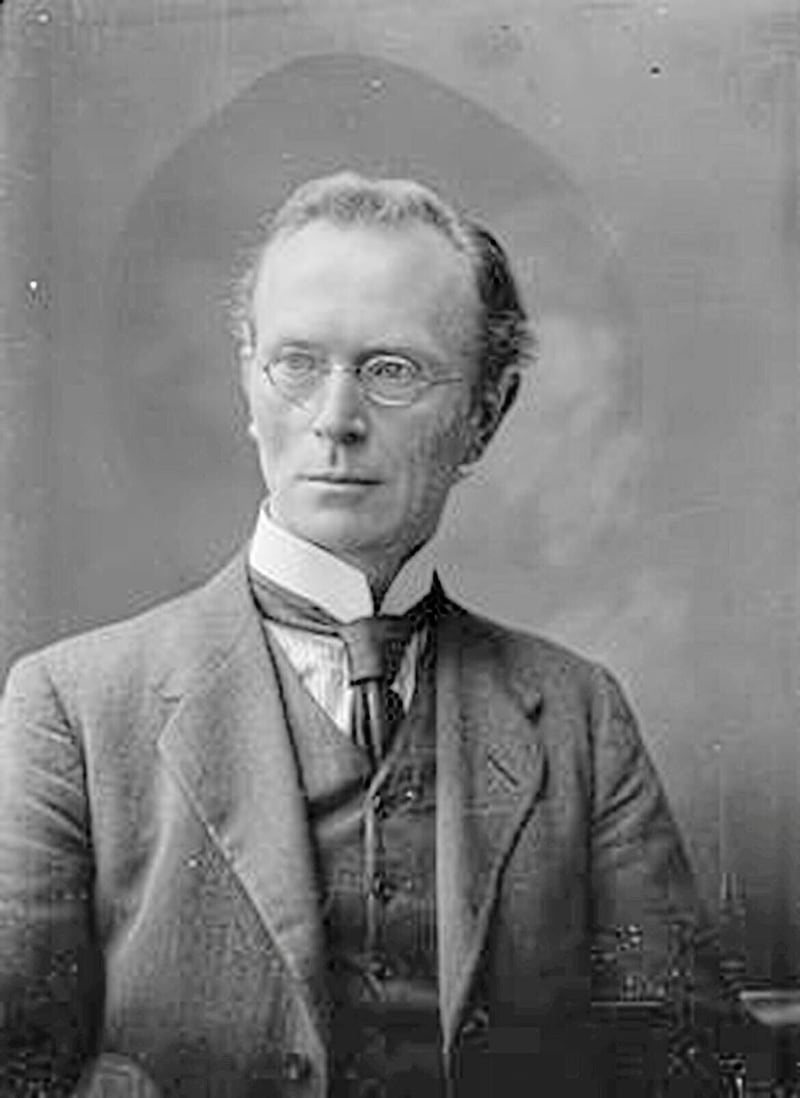
Throughout the process MacNeill operated in a quasi-judicial way, while the British and northern commissioners were out to get all they could for ‘their own’ side.
When the Boundary Commission findings were presented to the two governments, WT Cosgrave described MacNeill’s performance as “deplorable” and said he had been “out of touch with the feeling on the border”.
But Cosgrave had appointed him in the first place, even though MacNeill already had a full-time job as education minister, and seemingly Cosgrave left him to do his own thing. Because MacNeill adhered to confidentiality rules, the Irish government was in blissful ignorance of what was going on. Meanwhile unionists were being briefed continually.
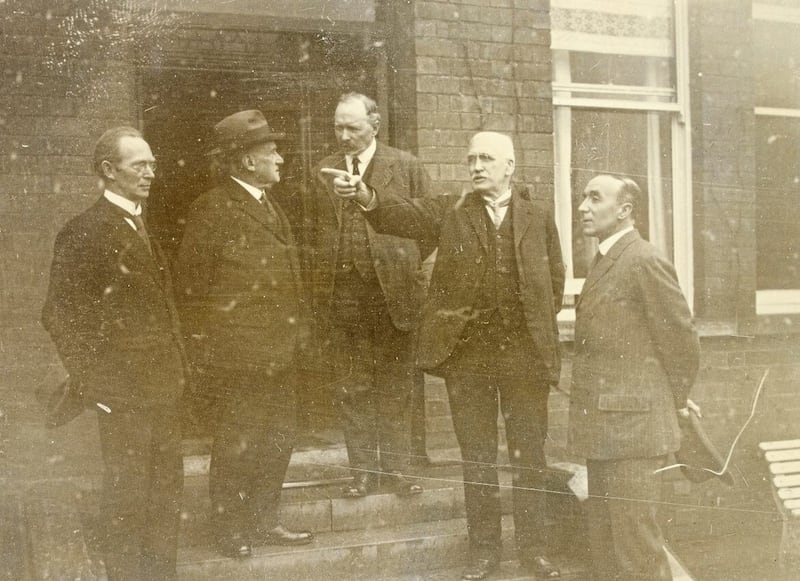
The final report was never published, an opportunity to minimise the erosion of Ireland’s sovereign territory was lost, and thousands in border areas were condemned to live under the rule of a Protestant parliament for a Protestant people.
Fast forward to today, and MacNeill’s ghost still stalks the corridors of power in Leinster House.
Time and demographic change is making its presence felt on Carson’s undemocratic failed political entity – let us not fool ourselves that it is a state in any sense of the word. The world has also moved on. Brexit has fundamentally broken the ties that once held the United Kingdom together.
The economic argument for reuniting Ireland is no longer a matter of dispute. The north will be better off fully within the EU and freed from the shackles of Britain’s failing economy; the political imperative is moving unity’s way too. There will be a border poll – and a winnable one – well within this generation.
Yet the Irish government refuses to engage in preparations for unity; it is afraid to make the case for healing the British-imposed rift on this island; and the two main political parties – partitionist both in spite of their rhetoric – are putting their narrow political ends ahead of the nation’s needs.
Marx said: “History repeats itself, first as a tragedy, second as a farce.” Cosgrave and MacNeill played the tragedy. Varadkar and Martin are taking lead roles in the farce.

